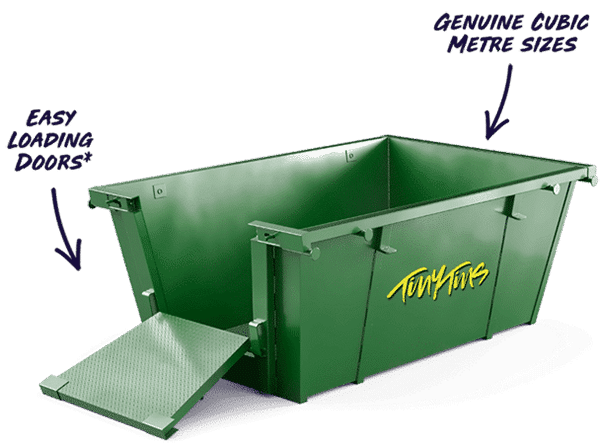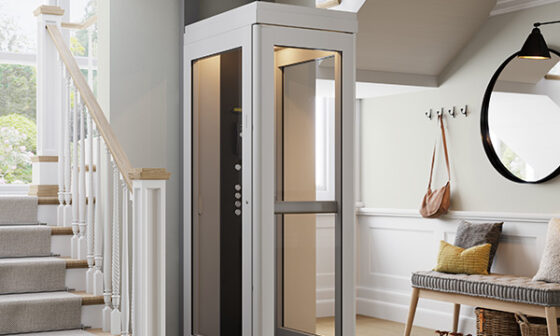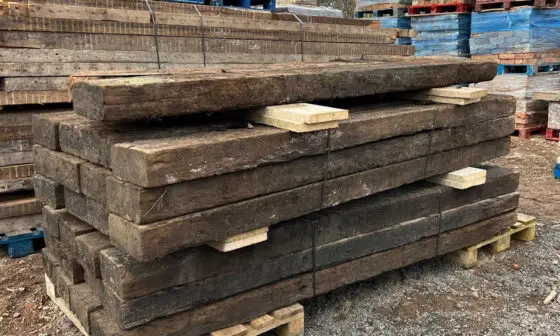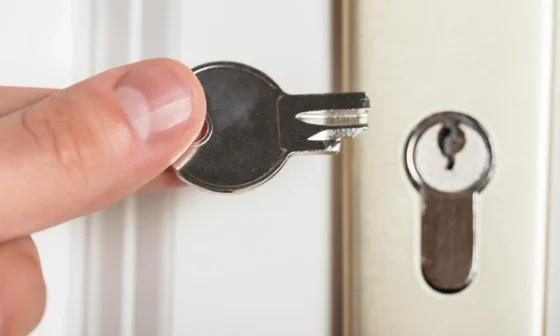
Moving can be an overwhelming experience, with the need to sort through belongings, pack efficiently, and ensure a smooth transition to a new location. One of the most challenging aspects of moving is dealing with unwanted items and clutter.
However, with the right approach and tools, such as skip bins, mastering the art of decluttering becomes more manageable.
Understanding the Challenges of Moving
Here’s an in-depth look at the various challenges individuals may encounter when moving:
- Emotional Stress: Moving often involves leaving behind familiar surroundings, friends, and routines, which can lead to feelings of sadness, anxiety, or uncertainty.
- Logistical Planning: Coordinating the logistics of a move, such as arranging transportation, packing belongings, and scheduling utility transfers, requires careful planning and organization.
- Financial Considerations: Moving expenses can add up quickly, including costs for hiring movers, purchasing packing supplies, and covering deposits or fees for new accommodation.
- Time Constraints: Moving involves numerous tasks that must be completed within a specific timeframe, leaving individuals feeling pressured to meet deadlines and make timely arrangements.
- Physical Demands: The physical exertion required for packing, lifting heavy furniture, and transporting belongings can be physically taxing, especially for individuals with mobility issues or health concerns.
- Clutter Management: Sorting through belongings and deciding what to keep, donate, or discard can be overwhelming, particularly if individuals have accumulated a significant amount of clutter over time.
- Safety Concerns: Moving involves potential safety hazards, such as lifting heavy objects improperly, navigating narrow staircases or hallways, and driving long distances with a loaded vehicle.
Solutions for Managing Unwanted Items
Managing unwanted items can be a demanding task, but there are several effective solutions you can consider:
-
Donation: Consider donating gently used items to charities or organizations that can distribute them to those in need. Many charities accept clothing, household items, and furniture.
-
Sell: If your unwanted items are in good condition, you can sell them online through platforms such as eBay, Gumtree, or Facebook Marketplace. This allows you to make some money while decluttering.
-
Recycle: Recycling is an environmentally friendly option for items that cannot be donated or sold. Check with your local recycling center or council to find out what items can be recycled in your area.
-
Dispose responsibly: If none of the above strategic decluttering options are feasible, make sure to dispose of unwanted items responsibly. This may involve taking them to a designated waste disposal facility or arranging for a bulky waste collection service.
The Role of Skip Bins in Streamlining the Moving Process
Skip bins, also known as dumpsters or skip containers, are large, sturdy waste containers designed to hold and transport various types of waste materials. They typically feature an open top, making it easy to deposit waste items directly into the bin.
Skip bins come in a range of sizes to accommodate different quantities of waste, from small bins suitable for household clean-ups to larger ones used for construction sites or major renovations.
Skip bins play an essential role in simplifying the moving process by providing numerous benefits:
-
Efficient Waste Management: Skip bins provide a convenient and organized way to manage waste during the moving process. From packing materials to old items and debris, these bins offer a designated space for proper disposal, keeping the premises clean and clutter-free.
-
Time-Saving: Instead of making multiple trips to a local waste disposal facility, skip bins allow you to dispose of all unwanted items in one go. This saves valuable time during the hectic moving process, enabling you to focus on other essential tasks without the hassle of frequent waste trips.
-
Convenience: Skip bin rental companies typically deliver the bin directly to your location and pick it up once it’s full. This eliminates the need for you to transport waste yourself, providing added convenience during a busy time when you may already have a lot on your plate.
-
Versatility in Size: With skip bins available in various sizes, you can choose the one that best suits your needs based on the amount of waste you need to dispose of. Whether you’re moving from a small apartment or a large house, there’s a skip bin size available to accommodate your requirements.
-
Environmental Responsibility: Reputable skip bin companies such as Tiny Tins Waste Management often have waste management practices in place to ensure that waste is disposed of responsibly. This may include recycling efforts to minimize the environmental impact of the moving process, aligning with your commitment to sustainability.
-
Safety: Keeping waste contained in skip bins reduces the risk of accidents or injuries caused by scattered debris. This is particularly important during a move when there may be heavy or sharp objects involved, ensuring a safer environment for everyone involved in the process.
-
Cost-Effective: While there’s a cost associated with renting a skip bin, it’s often more cost-effective than alternative waste disposal methods, especially if you have a significant amount of waste to dispose of. The convenience and time-saving benefits of skip bins can ultimately translate into savings for your moving budget.
Moving Checklist: Key Steps for a Smooth Transition
-
Plan Ahead: Start planning your move at least 8 weeks in advance. Choose a moving date and create a budget to cover expenses. Having a clear plan will help you stay organized throughout the process.
-
Declutter and Organise: Go through your belongings and decide what to keep, donate, or discard. Organize items systematically to make packing easier. Consider hiring a skip bin for efficient disposal of unwanted items, which not only simplifies the clean-up process but also ensures that waste is handled in an environmentally responsible manner.
-
Notify Relevant Parties: Inform your landlord or real estate agent about your moving plans. Update your address with banks, utility companies, insurance providers, and any subscriptions to ensure a smooth transition.
-
Book Removalists or Hire a Van: Research and book removalists or hire a van for moving day. Confirm dates and details with the chosen service provider to avoid any last-minute issues.
-
Arrange for Utilities: Schedule disconnection of utilities at your current address and arrange for connection at your new address. This ensures that you have essential services up and running when you move in.
-
Finalise Packing: Pack essential items separately for easy access during the move. Ensure all boxes are securely packed and sealed before moving day to prevent damage.
-
Final Inspections: Conduct a final walkthrough of your current property to check for any overlooked items. Verify that all rooms and outdoor areas are empty and clean before handing over the keys.
-
Moving Day: Confirm arrangements with removalists or van hire service. Coordinate with helpers and ensure all necessary items are easily accessible.
-
Dispose of Skip Bin: Arrange for the collection of the skip bin once you’ve finished unpacking. Ensure all waste is properly disposed of and the area is left clean and tidy.
Conclusion
Managing unwanted items during a move requires careful planning, strategic decision-making, and a commitment to responsible waste management. By decluttering strategically, utilizing skip bins, and embracing donation and recycling practices, you can streamline the moving process and minimize environmental impact.



